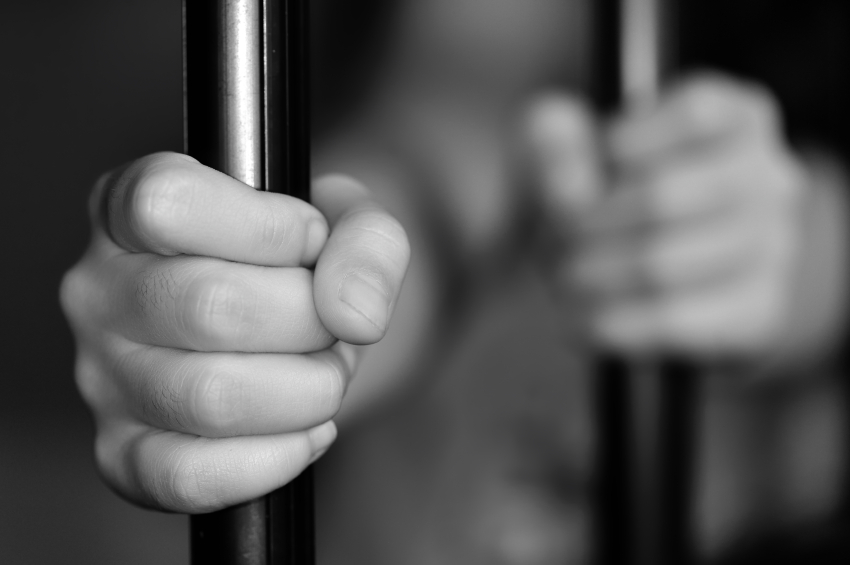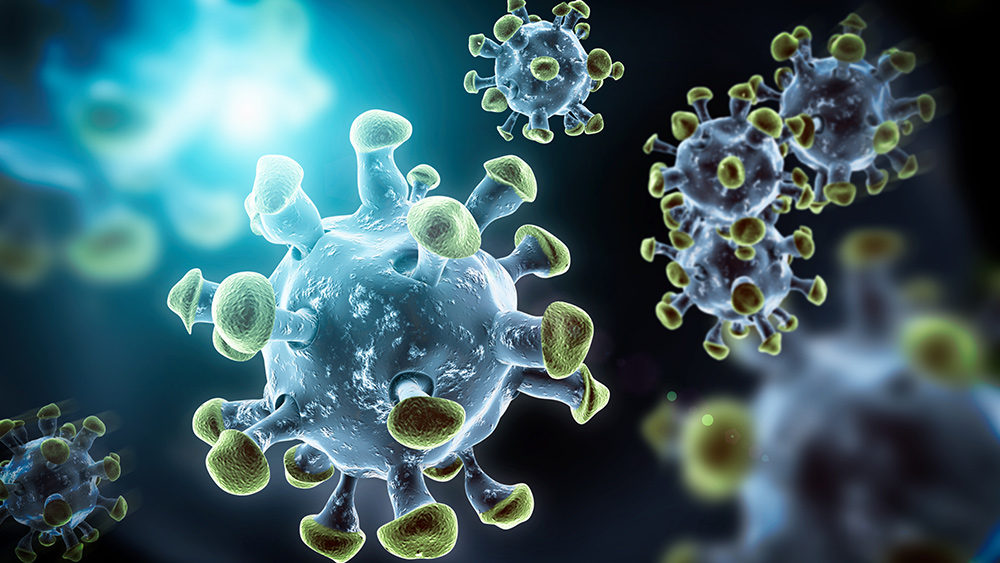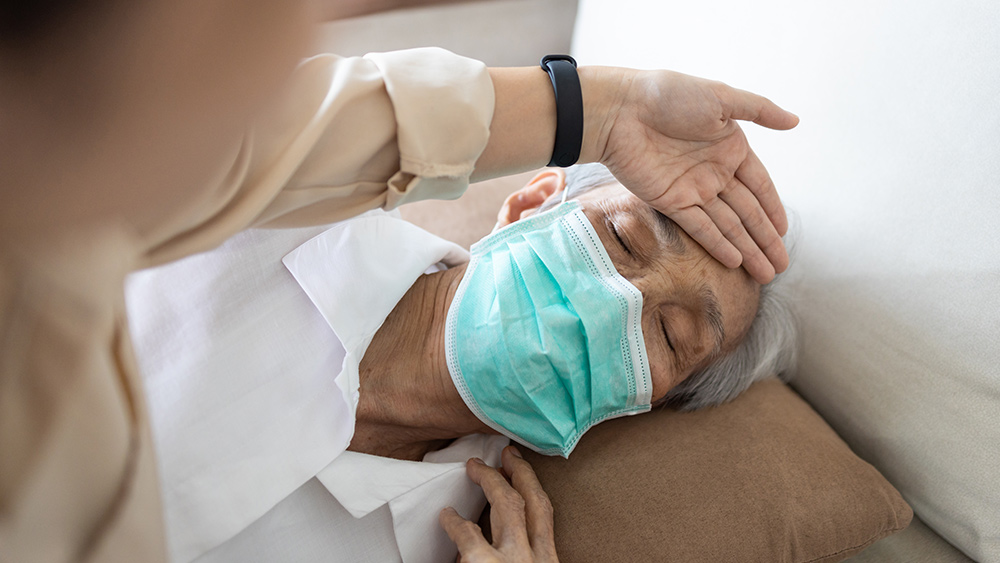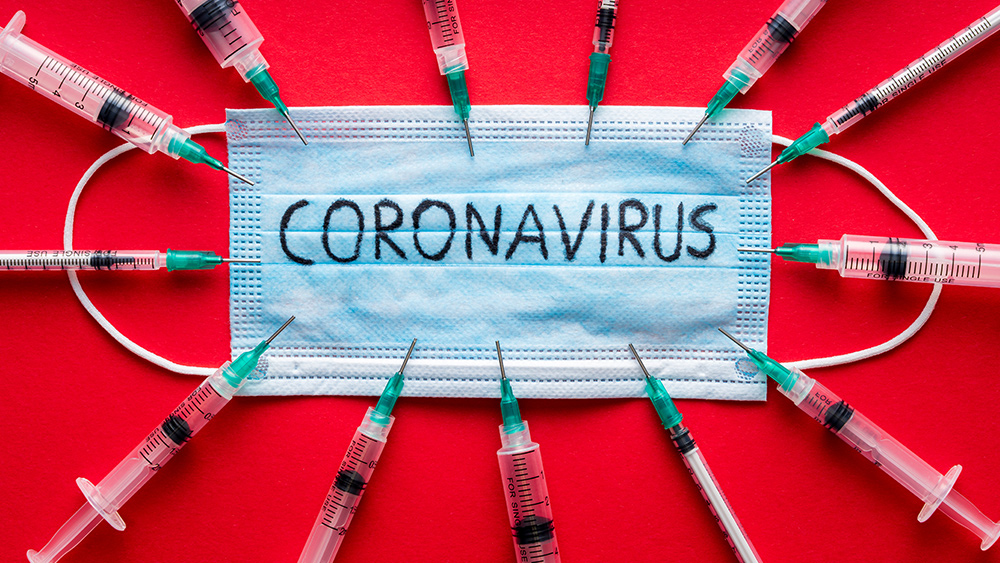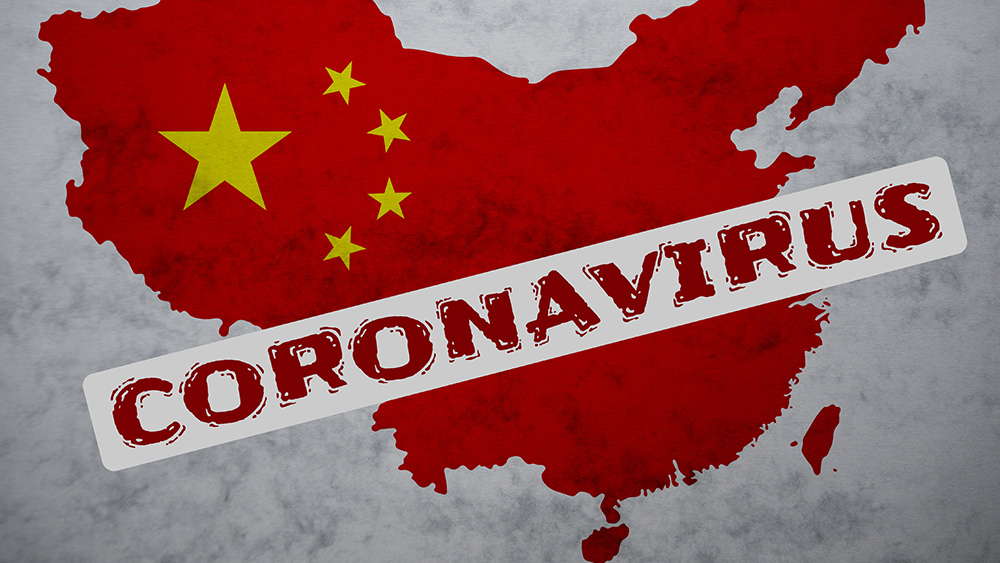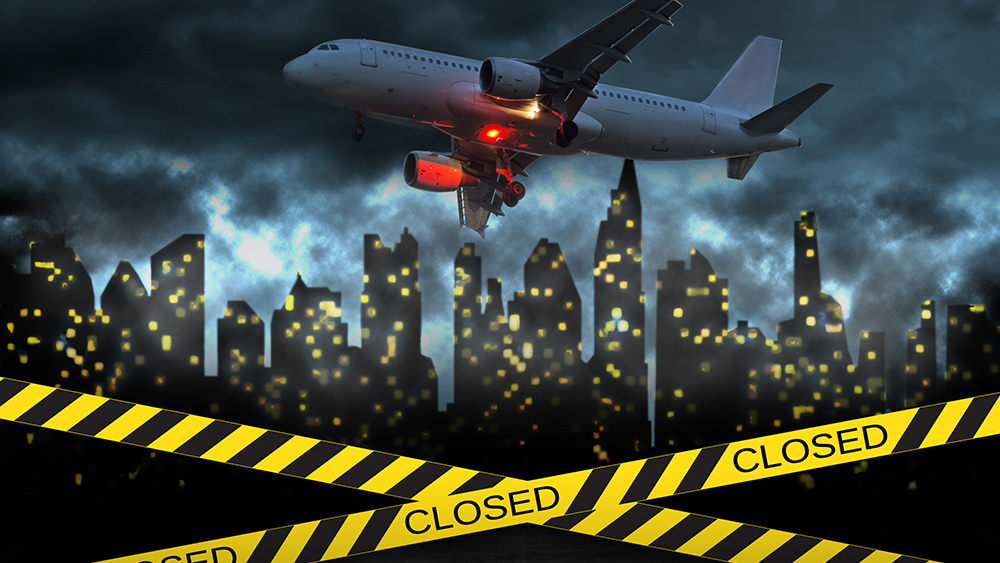A new type of magnetic stimulation helps reverse concussion symptoms, study finds
04/02/2020 / By Franz Walker

Concussion often leads to a number of serious long-term consequences for anyone who suffers one, and as such, early treatment is a must. Now, scientists have come up with a novel new idea using magnetic fields to reverse many of the symptoms of a concussion.
Researchers at the University of Saskatchewan (USask) in Canada have developed a laptop style device that can apply low-frequency magnetic stimulation to alleviate the symptoms of a concussion. What’s more exciting, however, is that the method could potentially protect the brain from future degeneration, a risk faced by those who’ve suffered a concussion.
“Concussion is a major health concern effecting all sections of society from children whose brain is still developing to older people suffering falls,” said Professor Changiz Taghibiglou, who led the study.
“The beauty of this therapy is not only that it is effective, but that it is non-invasive, easy to use and cost-effective.”
Using magnetic stimulation on the brain isn’t a new concept. Scientists first used it to stimulate nerves and the brain back in 1985. Since then, researchers at Harvard Medical School’s McLean Hospital have observed promising results in treating mental health conditions with low-frequency magnetic stimulation.
This study, however, is the first time that such low-frequency magnetic stimulation has been shown to alleviate the effects of a concussion, at least in mice.
Exposing concussed mice to magnetic fields
To test the device, the researchers used mice who had suffered concussions to low levels of magnetic stimulation. These low levels mimicked the way brain waves oscillate. After being exposed to the magnetic stimulation for 20 minutes a day, the mice showed improvements in their ability to walk in a straight line, navigate a maze, run on a wheel and even perform cognitive tests. In addition to this, their body clocks, which governed sleep patterns – something that can be thrown out of sync by concussions – had been restored to normal.
In comparison, a control group of mice that had concussions, but did not receive low-frequency magnetic stimulation, did not show much improvement in these areas. These mice were unable to perform the behavioral and neurological tasks asked of them, including running on a wheel without falling off.
Low-frequency magnetic stimulation restores important brain proteins
In addition to helping the mice recover from the concussions, Taghibiglou found that the low-frequency magnetic stimulation helped restore the levels of certain proteins that protect the brain from various neurological conditions. These proteins protect neurons and halt the progression of post-concussion inflammation and neurodegeneration.
Magnetic fields to fight concussions
The World Health Organization (WHO) has estimated that over 10 million people are affected by some form of traumatic brain injury, including concussions, every year. In the United States, the Centers for Disease Control and Prevention (CDC) recorded 2.87 traumatic brain injury-related ER visits in 2014. Especially vulnerable are children and adolescents as their brains continue to develop well into their 20s. (Related: Teenagers who experience a concussion have a greater risk of developing MS later in life, according to new study.)
“Traumatic brain injury is a clinical condition that poses significant challenges to patients, families and health professionals,” said Dr. Yanbo Zhang, professor of psychiatry in USask’s College of Medicine, and co-author of the study.
“Patients can suffer long- lasting cognitive impairments, emotional and behavioral changes. Currently, we do not have effective treatment to improve the cognitive impairment,” continued Dr. Zhang.
“Low-frequency magnetic stimulation provides a novel option for concussion treatment. It is portable, non-invasive and affordable.”
However, the device isn’t ready for use on people just yet. The researchers still need to conduct further, longer-term tests on rodents. After this, clinical trials on people can finally begin.
Visit Brain.news for more studies and stories on traumatic brain injuries and their treatments.
Sources include:
Tagged Under: brain health, children's health, cognitive health, concussion, health science, low-frequency magnetic stimulation, magnetic field, medical tech, prevention, research, traumatic brain injury


